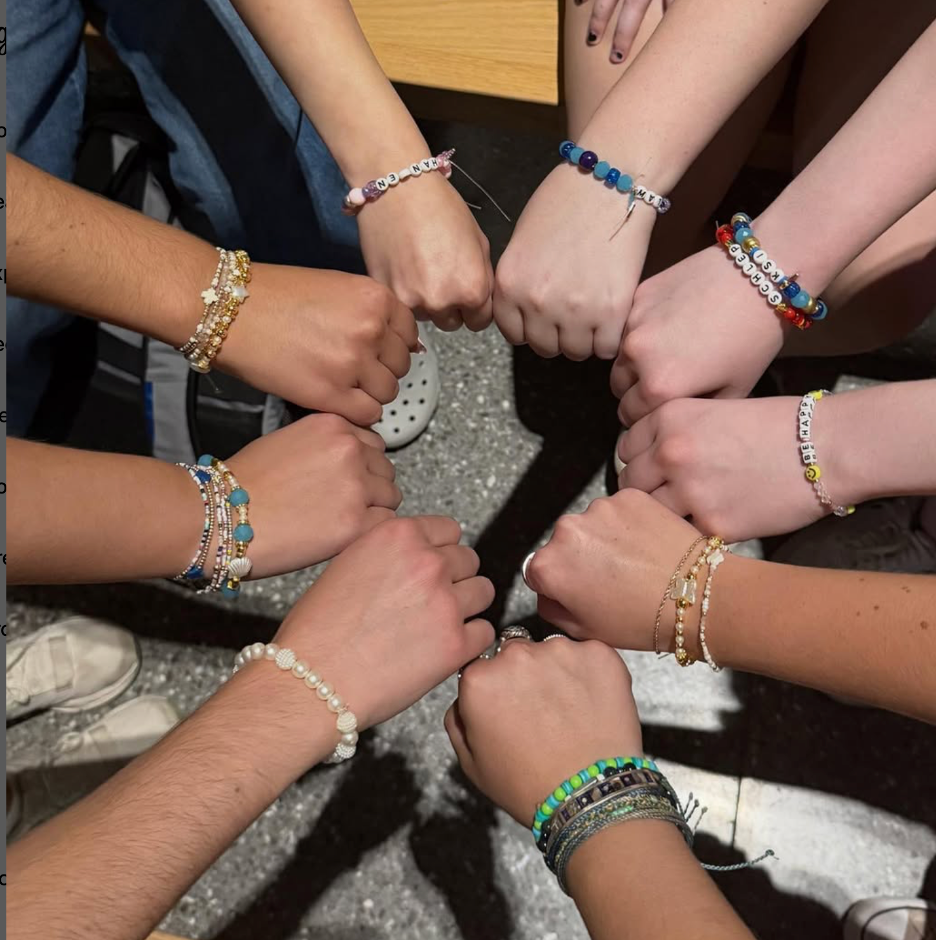It can be difficult for some people to admit that they need help. Some are just far too stubborn, never admitting defeat even if they look ridiculous, scrambling around on the ground to pick up their fallen papers.
For others, it’s more about the potential awkwardness of walking around the library asking random people for a laptop charger. Even if you did manage to get over both of those barriers and put up a desperate call for help on Facebook or Twitter, you’ll probably get buried under a mass influx of your mother posting old pictures of you.
Thankfully, one student from Lehigh University is seeking to change that. Strivr is an app that will make it easier than ever to give and get help from friends.
After injuring his wrist during a game of baseball, creator Zach Gray found himself frequently in need of help from others.
Enter Strivr.
Based on the assumption that people are willing to help others with the small things, Gray formed Strivr with his mother and members of the Ben Franklin Technology Partners of Northeastern Pennsylvania in order to make helping others all the more convenient.
Advertising that “the struggle doesn’t have to be real,” Strivr functions much like your normal social media app- where you find and add your close friends and acquaintances via Facebook or your phone book. From there, you can post any possible request for help, as well as respond to one and assist someone else in their time of need. Whether you need a ride to your apartment, a class recommendation or even a waffle maker, no wish is too outlandish.
After posting your request, nearby friends will be notified. They can then choose whether to help you or not based on what you need and how much time they have. While they won’t be immediately notified, other people in the vicinity will also be able to see if you are in need of help through the Strivr app.
“We’ve found out, through repeated use of Strivr, that more people are willing to help you when they aren’t suddenly asked on the spot about it,” Gray said.
However, with apps like Strivr, there will also inevitably be some harassment and abuse of the service. Although the app requires a university email to log in and access the service, Gray admits that they have had their fair share of trolls. Earnest users, however, usually report and block them very quickly, removing the chance for them to cause any more trouble.
“I suppose that’s one of the benefits of having an app based around being kind and helpful,” Gray said with a laugh.
Plans are also in place for a future update in which a ranking system will be put into place. While it can serve as a nice reason to motivate everyone to get a high scoring profile, Gray also hopes that it will help identify the users who are particularly great helpers and weed out those who only ask for help without ever returning the favor.
Creating an app that is sweeping over fifty college campuses in America is a big deal, especially for a former twenty-something student like founder Zach Gray. So, how would he advise others to follow in his path in getting involved with a startup company?
“Absolutely consider becoming an ambassador,” he said. “A lot of these start up apps and companies that cater to college students are always in need of some on campus representation for their brand.”
While you might not get into the business right away, Gray assures that it is a very interesting and frequently glossed over method to get great experience pitching products and understanding how a business works.
Gray plans to expand Strivr’s reach to an additional twenty colleges in the coming months, as well as possibly opening it up to the public at a later date.
“It’s amazing to see how well it has been received on campus,” he said. “It’s always good to see people going out of their way to help others with the assistance of Strivr, and if it is doing this well on select campuses now, I can’t wait to see it expanded further in the future.”








